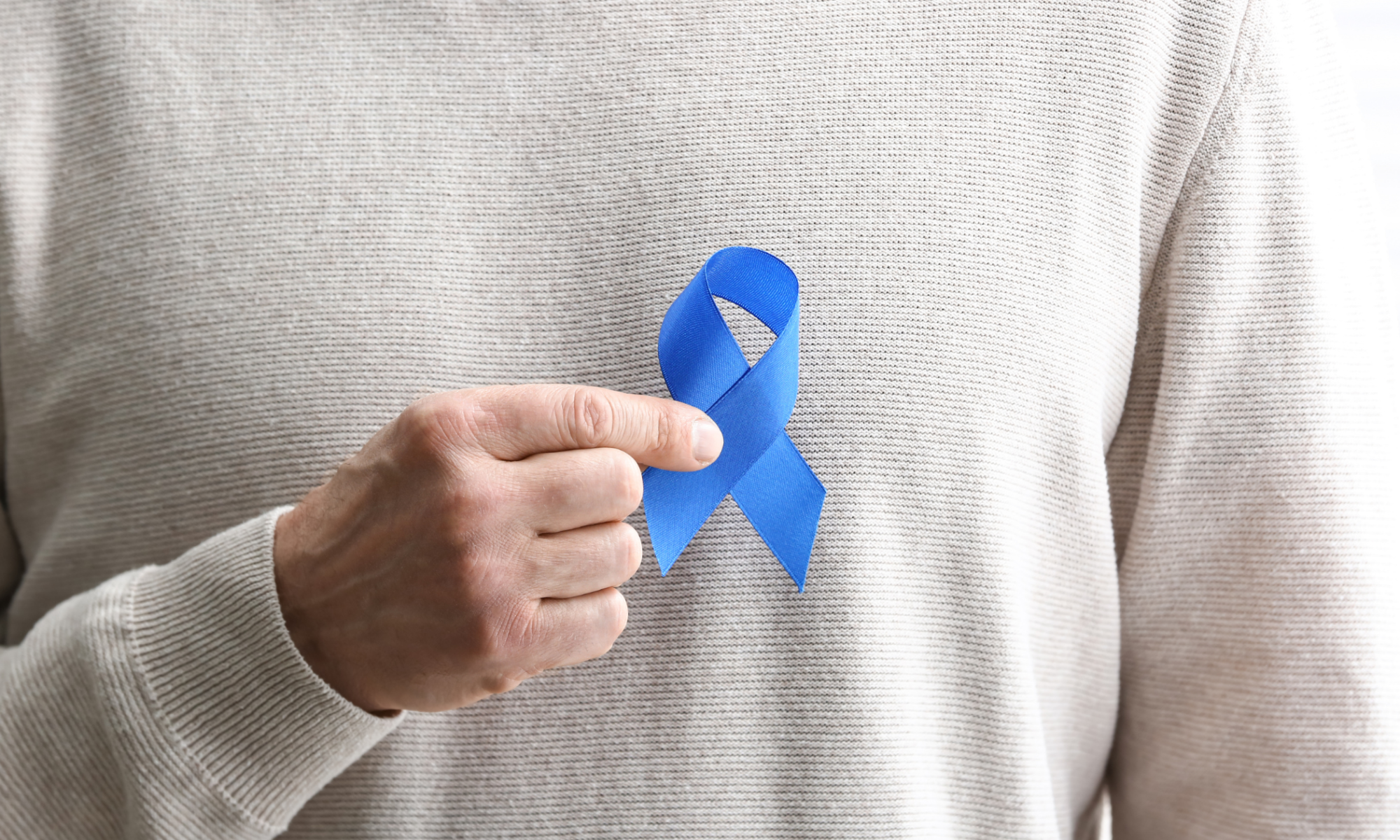March is Colorectal Cancer Awareness Month, a time to educate the community and promote awareness of the importance of colorectal cancer screening, prevention and treatment. Overall, the lifetime risk of developing colorectal cancer is about 1 in 23 for men and 1 in 25 for women. While there’s no sure way to prevent colorectal cancer, there are things you can do to help lower your risk. Here are 5 tips to keep your colon healthy.
Eat Healthy
Fruits and vegetables are a vital part of a healthy diet, and have been linked to lowering the risk of colon cancer and other diseases. Focus on consuming an assortment of colorful fruits and vegetables like dark, leafy greens, and red, orange, blue and purple fruits. It is recommended to consume 25-35 grams of fiber a day. While all fruits have some fiber, there are some that are higher than others. Good sources of fiber include nuts, seeds, berries, lentils, beans, broccoli, carrots, apples and pears. Red meat and highly processed foods are full of saturated fat, which has been associated with increasing your risk of colon cancer. A diet rich with foods that are nutrient packed and high in antioxidants and fiber can help decrease your risk and benefit your overall health.
Stay Active
Not only is regular exercise crucial to a healthy lifestyle, it is also key to a healthy colon. Studies show that people who are physically active have a 24 percent lower risk of colon cancer than those who are not. Exercise causes an increase in blood flow and circulation which increases bowel movements and makes your GI system more effective and healthy.
Drink Plenty of Water
If you don’t stay properly hydrated, there is a potential for toxins to build up in your body. These toxins can cause gas, constipation, bloating, IBS and other digestive issues. It is recommended to drink at least 8 glasses of water per day to keep your body hydrated and keep your colon healthy.
Limit Alcohol and Quit Smoking
Drinking alcohol in excess has been linked to colon cancer. Drinking can increase the workload on the liver, which causes more toxins to build up and pass through the colon. It is important to drink in moderation or cut out alcohol completely. Smoking has also been linked to colon cancer, among many other types of cancer and health issues. It is best to quit smoking altogether to lower your risk. Quitting can be tough, consult your doctor to create a plan that works for you.
Get Screened
Although a colonoscopy may sound dreadful and uncomfortable, it is crucial in diagnosing colon cancer in its early stages. For people at average risk of developing colorectal cancer, screenings are recommended to start at age 50 and continue through age 75. Finding cancer early often allows for more treatment options and a higher rate of survival. Colorectal cancer screenings can help find cancer in people that don’t have symptoms, which can be life saving. There are a few different options for screenings, which are typically covered by insurance.
During Colorectal Cancer Awareness Month, and all year long, take the opportunity to learn more about the disease and find out how you can take steps to keep your colon healthy. Finding colorectal cancer early, when it’s small and hasn’t spread, often allows for more treatment options and more successful outcomes. Talk to your doctor today!




